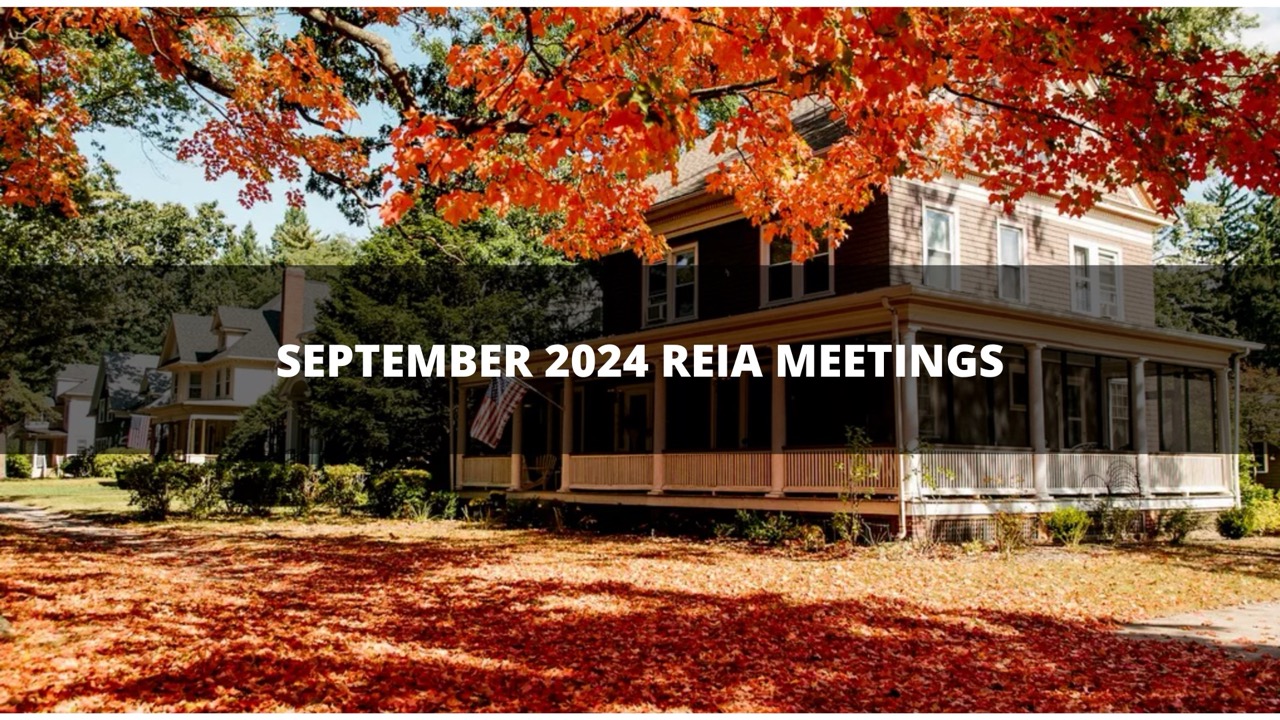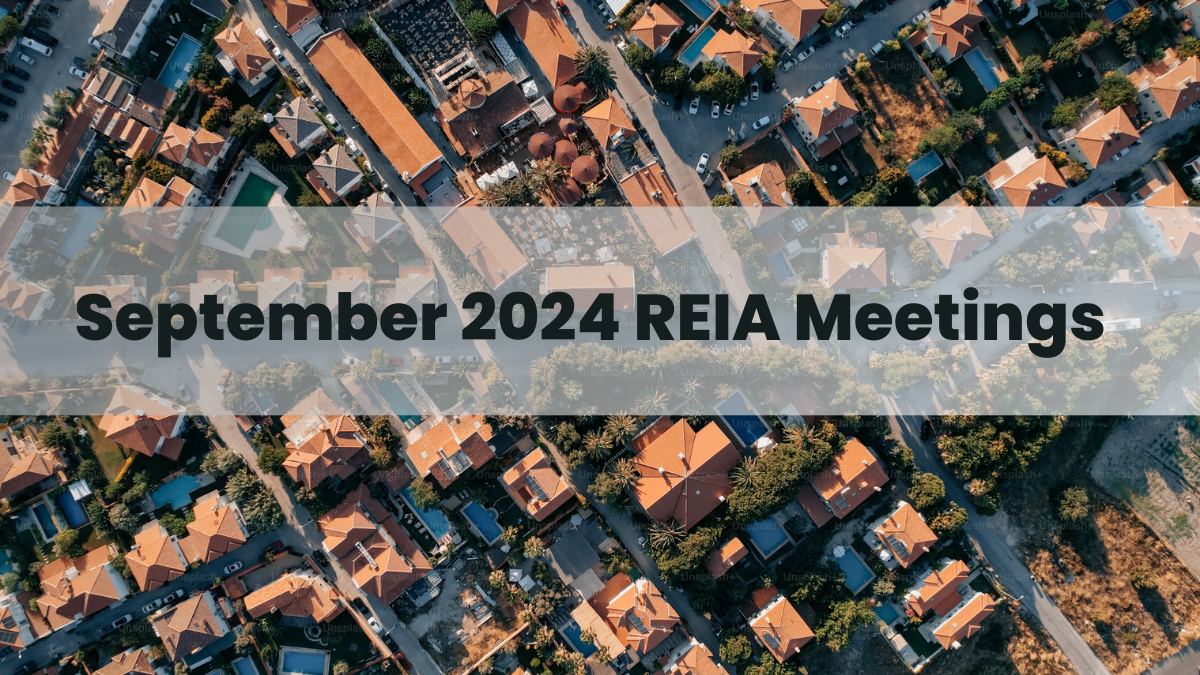How the CARES Act Can Help You
As we continue to navigate the uncharted territories that the coronavirus crisis has created, we are dedicated to providing you with useful updates regularly.
As this blog post is being published, we expect that President Trump will sign the CARES Act into law at any moment, providing relief to millions of Americans currently impacted by the COVID-19 pandemic (This is a fast-developing story, and it is likely that the bill has already made its way to the President’s desk by the time you read this.)
Included in the relief Act is assistance to large businesses, hospitals, schools, and local governments impacted by the crisis. It also expands unemployment benefits to support those who lost their jobs because of the virus and funds direct payments to most Americans.
Additionally, the CARES Act provisions $377 billion to support small businesses. As real estate investors, most of us will fit into this category, so we wanted to share what we know with you in hopes it will help your business during this time. Keep in mind, much of the details of how funds will be allocated and who qualifies are still developing, so more information will become available in the days to come.
First, if you’ve had to lay off or furlough employees because of the virus, we would recommend that you direct them to your state’s unemployment resources so they may take advantage of the benefits allocated to them.
As a small business, you likely qualify for relief through the U.S. Small Business Administration (SBA). The SBA is a federal agency that provides counseling, contracting expertise, and capital to small businesses across the country. The relief package sponsors two SBA programs to support small businesses impacted by the crisis:
Payroll Protection Program
This loan program aims to provide funds to cover operational costs for small businesses impacted by the coronavirus. Allowable costs covered by the loan include payroll expenses such as salaries and commissions, sick or medical leave, insurance premiums, mortgage and rent, and utility payments made between February 15, 2020 and June 30, 2020.
The loan is 100% guaranteed by the U.S. government and there will be no borrower fees or personal guarantee required to participate in this program. The maximum interest rate will be 4%, amortized over a 10-year period, with no prepayment penalties. Re-payment for this loan will be deferred six months to a year.
Most importantly, this program is eligible for loan forgiveness. The amount spent by the borrower during an eight-week period after the origination loan on payroll costs, mortgage or rent payments, and utilities will be forgiven to encourage employees to rehire any employees who have already been laid off. Additionally, the program provides relief for businesses struggling to keep their doors open. Any amounts not forgiven will be carried forward as a loan with a max term of 10 years and interest rate capped at 4%. Please note you will need to provide documentation of qualifying expenses before forgiveness can be granted.
This is a great option for investors with employees on the payroll (including independent contractors).
Economic Injury Disaster Loan Program
With all 50 states currently declared a disaster zone because of COVID-19, all areas qualify for the SBA’s Economic Injury Disaster Loan (EIDL).
The CARES Act loosens the criteria for EIDL by waiving personal guarantees on loans and advances below $200,000 and waiving the requirement that you had to be in business at least one year prior to the disaster. You’ll be able to qualify solely based on your personal credit or demonstrable ability to repay the loan.
In addition, the CARES Act establishes the option of qualifying businesses to request an express advance of the loan of up to $10,000, which the SBA must distribute within three days from the application, which the applicant shall not be required to repay if denied for the EIDL. Advance payment may be used for providing paid sick leave to employees, maintaining payroll, meeting increased costs to obtain materials, making rent or mortgage payments, and repaying obligations that cannot be met due to revenue losses.
If you’re interested in learning more, consult the SBA’s small business guidance and loan resources.
Please note that their website is currently overwhelmed with visitors and has been crashing. Also, because these programs are brand new, applications are not yet available. We expect that they will be up in the next two weeks. Until applications are open, we recommend that you calculate the total amount of qualifying expenses and gather your documentation to support your application.
Beyond financial assistance, the SBA website contains a wealth of resources including guidance and other relevant information.
Last but not least, we’d like to share the efforts that Facebook is making. The social media giant is currently developing the Facebook Small Business Grants Program. The Program will provide $100M in cash grants and ad credits for small businesses during this challenging time.
Check out their website to sign up for their newsletter to receive more information when it becomes available.
We hope this information will help you plan the next few weeks for your business. We will update you as more details become available.
As always, thank you for being a loyal member of our community and we are always here to support you in your real estate investing journey.





